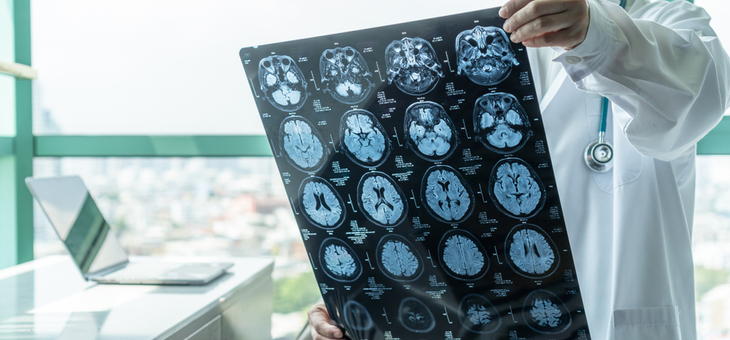A complex and under-recognised form of dementia, which could be more severe than other more well-known forms, has been identified by researchers from the University of Kentucky.
According to Associate Professor Erin Abner, who helped lead the study, while symptoms can be similar to Alzheimer’s, it doesn’t necessarily mean that Alzheimer’s is always the cause.
“One of the things that we’ve learnt in the last decade or so is that a lot of people that we think have dementia from Alzheimer’s disease, actually don’t,” Assoc. Prof. Abner said.
“There are other brain diseases that cause the same kind of symptoms as Alzheimer’s, including some that we only recently figured out existed.”
The research used brain autopsy data from 375 older adults at the University of Kentucky’s brain bank and built on work done last year by Dr Peter Nelson, which discovered another form of dementia now known as LATE.
This latest research focuses on the misfolded TDP-43 protein, which was discovered in 2006, as the ‘newest brain bad guy’.
Assoc. Prof. Abner explained that although TDP-43 exists normally in a non-disease-causing form, it is seen in multiple debilitating diseases in addition to LATE, including frontotemporal dementia.
When the team reviewed clinical and brain autopsy data for research participants, they noticed there were significantly more people than expected who had not only Alzheimer’s pathology, but also pathology indicating the ‘new brain bad guy’.
“They had every neurodegeneration-causing pathology that we know about. There was not a name for this, so we came up with one: quadruple misfolded proteins, or QMP,” explained Assoc. Prof. Abner.
The group then obtained more data to conduct a study of how often QMP occurred and what that meant for the participant with QMP.
The study found that about 20 per cent of the participants with dementia had QMP, and their dementia was the most severe.
“This is not great news, because it means that even if we could completely cure Alzheimer’s disease, we still have to deal with TDP-43.
“But we have to understand exactly what we are up against as we try to stop dementia. We still have so much to learn.”
Do you think scientists will eventually be able to stop all brain degenerating diseases?
If you enjoy our content, don’t keep it to yourself. Share our free eNews with your friends and encourage them to sign up.
Related articles:
https://www.yourlifechoices.com.au/health/news/why-more-women-get-alzheimers
https://www.yourlifechoices.com.au/health/wellbeing/which-oil-is-the-healthiest
https://www.yourlifechoices.com.au/health/wellbeing/what-happens-when-you-stop-sex

